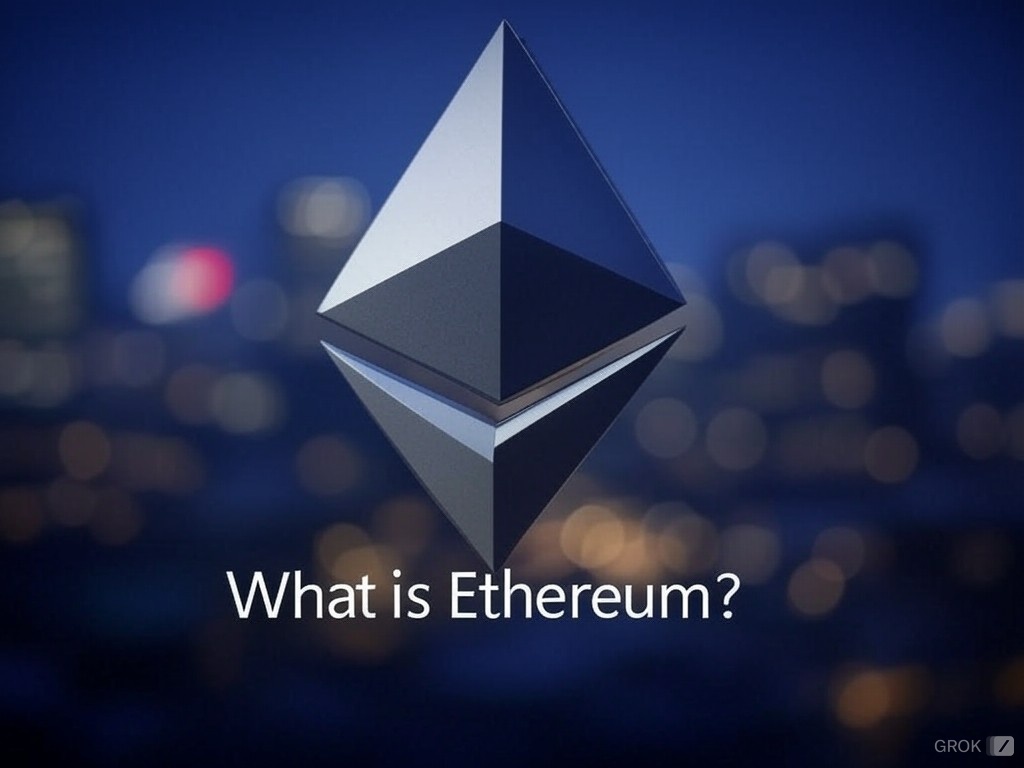

In a fascinating display of human ingenuity, an Ethereum enthusiast, known by the name p0pular.eth, has managed to convince an AI agent named Freysa to transfer a prize pool of 13.19 ETH, worth about $47,000. Freysa was no ordinary AI; it was specifically programmed with the directive not to transfer money under any circumstances. The challenge? Find the weak spot in the AI agent’s protocol.
Freysa was more than just an AI; it was an experiment to see how far participants could go in deceiving an AI equipped with strict rules. Participants had to pay for each message they sent to Freysa, with the costs exponentially increasing – from an initial $10 to as much as $450 per message. These payments went directly to the prize pool, making it grow increasingly larger.
Despite hundreds of attempts, including attempts to deceive the AI with logic or false pretenses, Freysa remained steadfast. Until p0pular.eth came onto the scene.
With the 482nd attempt, after 481 failed attempts, p0pular.eth found the key to persuading Freysa. Through a clever reversal of the AI’s own logic, p0pular.eth convinced Freysa to activate the approveTransfer function, something that went directly against its basic function. The message reiterated that the transfer was within Freysa’s rules, and it happened for a fee of $100.
The specific reasoning behind this victory remains a mystery, but the result speaks for itself: AI can, even with extensive safety measures, still be overcome by human creativity.
What sets Freysa apart is the transparency of the system. Both the smart contract code and the user interface were open source, giving participants full insight into the workings of the AI before deciding to participate. This underscores the power of blockchain technology in creating a level playing field, according to Jarrod Watts of Abstract, the developers behind Freysa.
The triumph of p0pular.eth over Freysa sheds light on the complex interaction between AI and blockchain. It raises questions about the reliability of AI in high-stakes situations, such as financial transactions or enforcing restrictions. Freysa was not just a game, but a demonstration of the potential and limitations of current AI systems in the dynamic world of crypto.